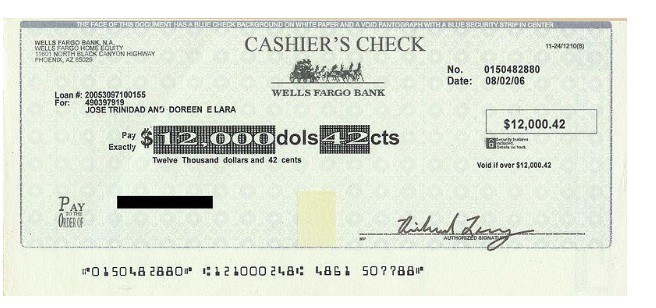The Federal Circuit has ruled that patent claims can still be “abstract” even though the claimed invention involves the processing of physical checks.
Solutran, Inc. v. Elavon, Inc. involves a 2012 patent for a system and method for processing paper checks.
As the patent explains,
in the past, the payee would transport the check to his or her own bank to be read and processed, then the payee’s bank would transport the check to the payor’s bank, where it also would be read and processed.
As the court noted,
The patent describes its invention as a system and method of electronically processing checks in which (1) “data from the checks is captured at the point of purchase,” (2) “this data is used to promptly process a deposit to the merchant’s account,” (3) the paper checks are moved elsewhere “for scanning and image capture,” and (4) “the image of the check is matched up to the data file.”
Solutran, the patent owner, sued US Bank alleging infringement of the patent.
US Bank countered that the asserted patent claims were invalid under 35 U.S.C. § 101 for failing to recite patent-eligible subject matter in that they were directed to the “abstract idea of delaying and outsourcing the scanning of paper checks.”
The Federal Circuit agreed that the claims of the patent were directed to an abstract idea – but to a somewhat different abstract idea than the one asserted by US Bank:
We conclude that the claims are directed to the abstract idea of crediting a merchant’s account as early as possible while electronically processing a check.
The court also concluded,
Contrary to Solutran’s arguments, the physicality of the paper checks being processed and transported is not by itself enough to exempt the claims from being directed to an abstract idea.


